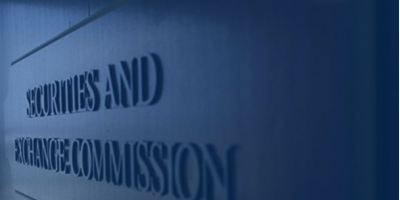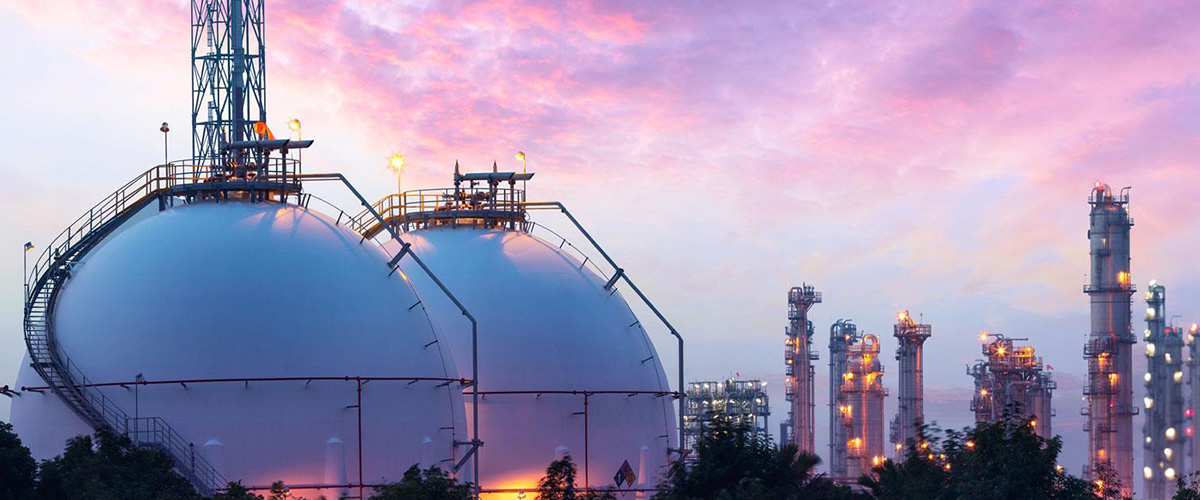- Home
- Grey Matter
- New DPR Guidelines Set Governing Framework for Flare Gas and Associated Gas Utilization Projects in Nigeria
New DPR Guidelines Set Governing Framework for Flare Gas and Associated Gas Utilization Projects in Nigeria
Posted on Mon 21 Jan 2019
- Download Resource
b) Guidelines for Flare Gas Measurement, Data Management & Reporting Obligations
The Guidelines for Flare Gas Measurement, Data Management & Reporting Obligations (the “Guidelines on Flare Gas Monitoring”) seek to ensure compliance with the Flare Gas Regulations and lays out the criteria, general requirements and obligations as it relates to measurement, data management and reporting of Flare Gas at all processing facilities.
In order to effectively identify and quantify environmental impact of, or the opportunities in commercializing Flare Gas, it is necessary to obtain, monitor and audit data of all natural gas that is produced, utilized, flared and/or vented.
Accordingly;
-
Producers and Permit Holders are required to maintain a daily log of each occurrence of flaring and venting of natural gas within its facilities, and submit same to the DPR within twenty-one (21) days from the end of each month; and such logs must be retained in safe custody for no less than thirty-six (36) months.
-
Producers and Permit Holders must prepare and submit to the DPR an annual report, which must be submitted each year by March 31 for the previous year.
-
All data on gas production, utilization and flaring shall be subject to quarterly and annual reconciliation with the DPR.
-
Producers are required to calculate and report per Oil Field and per Flare Site: (i) Gas to Oil (GOR); (2) Associated Gas Utilization Factor (AGUF); and (iii) Routine and Non-Routine Flaring quantities.
-
Gas production, gas consumption, liquids such as condensate and Liquefied Petroleum Gas (LPG) and flare gas, must be monitored and measured.
-
Several reports, (such as Producer Historic & Associated Gas (“AG”) Accounting Report; Own (Energy) Consumption Report; Vented Gas Report; Project Flare Gas Accounting Report), must now be prepared and submitted by Permit Holders.
-
Producers and Processing Facilities must have complied with the provisions of the Guidelines and have installed all necessary metering equipment within the transition period of twenty-four (24) months from the date of the Guidelines. However, greenfield projects must comply immediately.
Any Producer or Permit Holder that provides inaccurate or incomplete Flare Gas Data to the DPR or fails to comply with any of the provisions of the Guidelines on Flare Gas Monitoring shall be liable to one or combination of the penalties which include monetary fines, suspension of operations, revocation of OML or Marginal Field awarded, and/or imprisonment for a term not exceeding six (6) months.
c) Guidelines for Flare Payments
The Guidelines for Flare Payments detail payments to be made for flaring and/or venting natural gas in Nigeria.
According to the stipulated procedure for Flare Payment:
-
The DPR shall collate and reconcile reported monthly oil production figures in OMLs and Marginal Fields;
-
Producers are required to present the data gathered in accordance with the Guidelines on Flare Gas Monitoring;
-
An average monthly oil production will be used to establish the applicable Flare Payment, taking into consideration only days during which oil was produced;
-
The DPR shall validate the various elements that contribute to the determination of the Chargeable Flare Gas Quantity;
-
The Flare Payment Amount shall be computed monthly as a product of the Chargeable Flare Gas Quantity in thousand standard cubic feet (Mscf) multiplied by the applicable Flare Payment rate;
-
Flare Payment Amounts shall be paid by the Producer in accordance with the procedures for payment of royalties to the FGN under the Associated Gas-Reinjection Act; and
-
Reporting shall be done as prescribed in the Flare Gas Regulations.
No Flare Payment Amounts shall become due in respect of an agreed volume of Flare Gas that the Producer is committed to deliver to the Permit Holder under a Deliver or Pay Agreement, as from the commencement of commercial operations of the Project.
Where a Producer fails to meet the obligations stipulated in the Flare Gas Regulations, additional payments shall apply. Also where the Producer fails to remit the Flare Payment Amount, it shall attract applicable sanctions as prescribed in the First Schedule to the Petroleum Act.
d) Guidelines for Producers’ Associated Gas Utilization Project
The Guidelines for Producers’ Associated Gas Utilization Project (“Guidelines for Associated Gas Utilization”) set the framework for:
-
Producers’ Associated Gas Utilization Projects for Own Consumption; and
-
Producers’ Associated Gas Utilization Projects for Commercialization.
The Guidelines for Associated Gas Utilization apply to Producers seeking to execute flare out projects but want to be exempt from the bidding process for Third Party Flare Gas Commercialization Projects. Thus the Guidelines for Associated Gas Utilization lay out the procedure for obtaining a Permit to Access Flare Gas for Producers’ Approved Flare Out Projects (“PAFOP”), which can only be issued to a Nigerian registered company.
Under the Guidelines, Associated Gas projects are categorized into:
-
Own Consumption as incorporated into a Field Development Plan approved by the DPR; and
-
Associated Gas and Flare Gas Utilization Projects for commercialization:
Key provisions in the Guidelines include:
-
PAFOPs being exempt from the bid process;
-
A Producer may apply to the Minister to obtain a Permit to Access Flare Gas for a PAFOP through a midstream subsidiary corporate entity;
-
Any Producer wishing to apply for a PAFOP shall apply to the Minister and such application shall be supported by (i) Project description; (ii) 10-year Associated Gas Production Forecast and Flare Gas forecast Quantities; (iii) a list of Flare Gas-to-Market Product Off-Takers; (iv) Investment cost and proof of economic viability; (v) a list of shareholders in the existing/proposed midstream company that will execute PAFOP, among others;
-
Upon meeting the set conditions precedent, the applicant shall be awarded a Permit to Access Flare Gas and become a Permit Holder pursuant to the Flare Gas Regulations.
Where an applicant is unable to satisfy the conditions precedent, the approved PAFOP Status earlier granted shall be deemed forfeited.
The Guidelines for Associated Gas Utilization provide that on the date upon which the Flare Gas Buyer declares start of commercial operations or the date upon which it starts delivering its Flare Gas-to-Market Product(s) to its Off-Taker(s), whichever comes earlier (Commercial Operations Date), the Milestone Bond shall be replaced by a performance Bond, which shall be valid for the term of the Permit to Access Flare Gas.
For a deeper discussion on the new DPR Guidelines, please contact Ms. Stella Duru (the Energy Practice Group, Banwo & Ighodalo)
The Grey Matter Concept is an initiative of the law firm, Banwo & Ighodalo
DISCLAIMER: This article is only intended to provide general information on the subject matter and does not by itself create a client/attorney relationship between readers and our Law Firm. Specialist legal advice should be sought about the readers’ specific circumstances when they arise.
More Insight

 Fri 21 Mar 2025
Fri 21 Mar 2025IP PROTECTION FRAMEWORK IN NIGERIA - TRADEMARKS
 Wed 18 Dec 2024
Wed 18 Dec 2024SEC’s Draft Rules Facilitate Pension Funds’ Investment In ...






